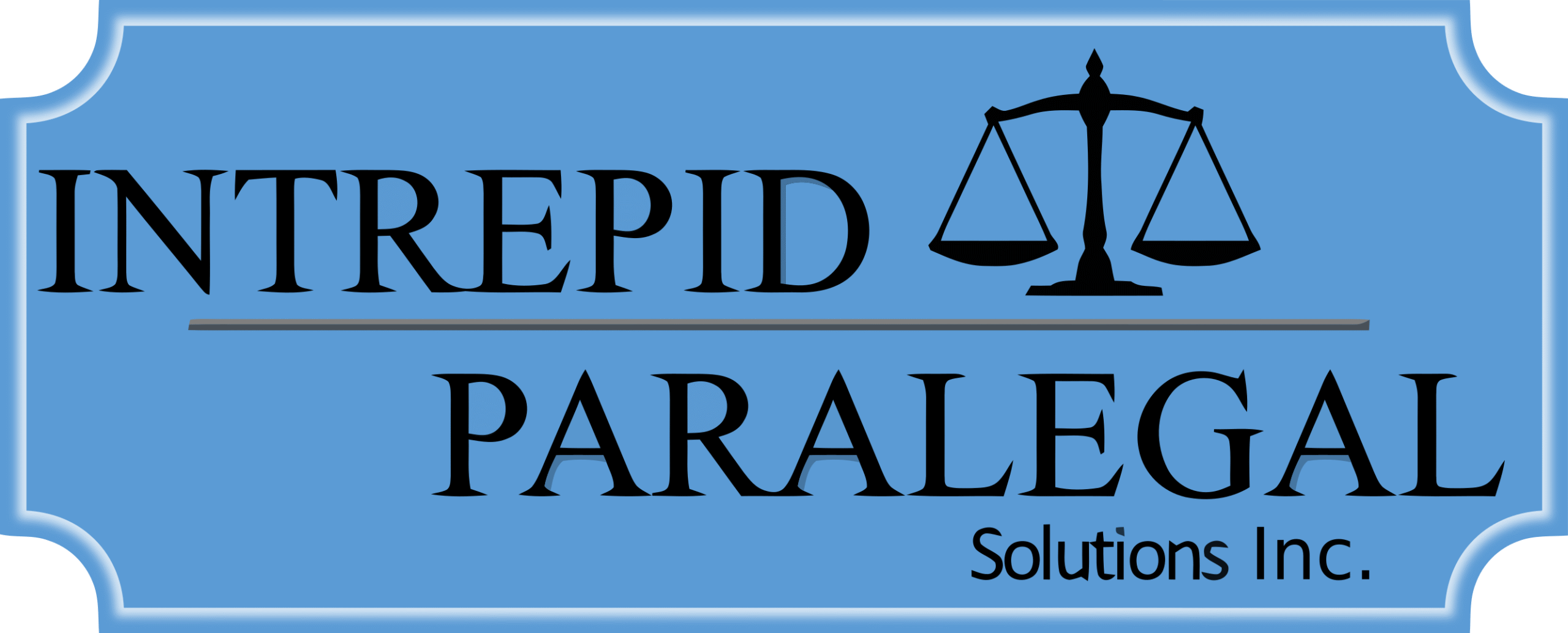This method is commonly used to resolve conflicts outside of the courtroom, aiming to find a mutually acceptable solution for both parties involved. During the mediation process, the mediator helps the parties communicate their concerns, interests, and goals, enabling them to better understand each other’s perspectives. The mediator also assists in generating options for settlement and guiding the parties towards reaching a resolution. This alternative dispute resolution method is often preferred due to its flexibility, cost-effectiveness, and confidentiality. It allows the parties to maintain control over the outcome of the dispute and encourages them to collaborate towards a fair and satisfactory resolution.
How Virtual Paralegals Can Assist with Mediation
Working with virtual paralegals can be an efficient and cost-effective way to navigate the mediation process. Virtual paralegals can provide various services, from administrative and project management support to legal research and document preparation. They are experienced professionals familiar with all aspects of the process, ensuring that clients receive the attention they need at all stages of their case. With efficient communication, adaptable resources, and an in-depth overview of the situation, virtual paralegals can help ensure that mediation goes as smoothly as possible.
Some of the benefits mediation can provide include lower legal costs compared to lengthy court battles, privacy protection and confidentiality, faster resolution times, improved communication among everyone involved, increased satisfaction due to mutual participation in finding solutions, as well as increased control over decisions made.

How Can Mediation Help Resolve Disputes?
The mediator facilitates a constructive dialogue and guides the parties towards finding common ground. Unlike litigation, mediation encourages a collaborative approach, fostering creative and tailored solutions that meet the specific needs and interests of the parties. Additionally, mediation is often quicker and less expensive than going to court, making it a preferable alternative for resolving conflicts. By choosing mediation as a route to settlement, parties can save time and money while achieving a satisfactory outcome.
IPS Mediation
The IPS Mediation Team is experienced, highly capable and well versed in handling charged and difficult situations.
The IPS Mediation Team consists of skilled and talented professionals that use several different techniques to facilitate resolutions for their clients. Collectively our Mediators have mediated hundreds of cases with a high-resolution rate.
Cases range in complexity from working with 2 people to working with lawyers, union representatives, multiple parties, and school representatives.
The IPS Mediation Team is experienced in dealing with high stakes, high emotions, and complex cases. Having capable, experienced professionals will drastically improve your resolution and the ability to handle turbulent and heated exchanges.
It’s paramount to have the guidance of a skilled mediator to guide the parties in understanding their respective rights and responsibilities to reach an amicable result. And, with the help of virtual paralegals, those who require mediation services no longer must worry about having gaps in their workflow due to administrative requirements associated with their practice.
The availability of skilled paralegals provided through Intrepid Paralegal Solutions Inc.. enables individuals to focus during the mediation session without being overburdened by various paperwork and documentation filing procedures. Thus, when considering pursuing a mediated solution, individuals should turn to Intrepid Paralegal Solutions Inc. –a knowledgeable source of mediation services–for optimized professional support at every step.
Types of Mediation Services IPS Offers
- Landlord and Tenant mediation.
- Homeowners Association Conflict Court directed.
- Family mediation services: Mediating family disputes such as divorce, child custody, and inheritance issues.
- Workplace mediation services: Mediating disputes in the workplace, including conflicts between employees, between employees and management, and disputes between different departments or teams.
- Commercial mediation services: Mediating disputes between businesses or between a business and a client, such as contract disputes or disputes related to the quality of goods or services.
- Community mediation services: Mediating disputes within a community, such as disputes between neighbors or between community members and local businesses or organizations.
- Environmental mediation services: Mediating disputes related to environmental issues, such as disputes over land use or resource allocation.
- Educational mediation services: Mediating disputes within the educational system, such as conflicts between students or between students and teachers, or disputes related to educational policy or administration.
- Healthcare mediation services: Mediating disputes in the healthcare industry, such as disputes between patients and healthcare providers, or disputes related to medical malpractice.
- Financial mediation services: Mediating disputes related to finances, such as disputes between lenders and borrowers or disputes related to debt collection.
- Cross-cultural mediation services: Mediating disputes between individuals or groups from different cultures or backgrounds, including language barriers and cultural misunderstandings.
- Online mediation services: Providing mediation services online, such as through video conferencing, email, or other digital communication channels.
- Police departments make use of facilitating discussion with citizens and police officers.
What Steps are Involved in Mediation?
The steps of legal mediation typically begin with an opening statement, where each party presents their perspective on the issue at hand. This is followed by an information-gathering phase, where the mediator helps identify the underlying interests and concerns of each party. Then, the mediator guides the parties through a brainstorming and negotiation phase, where potential solutions are explored and evaluated. Finally, if a resolution is reached, the mediator helps draft a settlement agreement that outlines the terms agreed upon by both parties.
